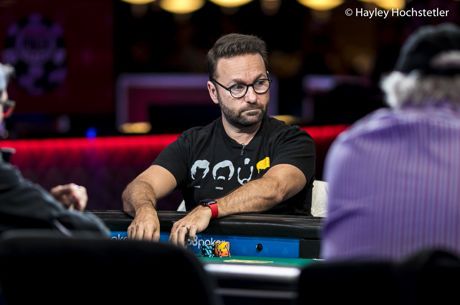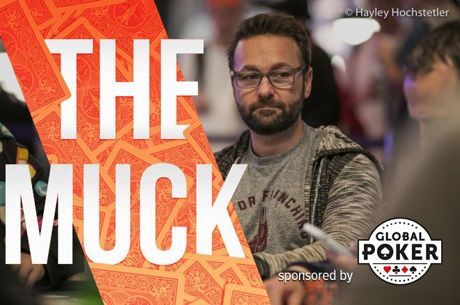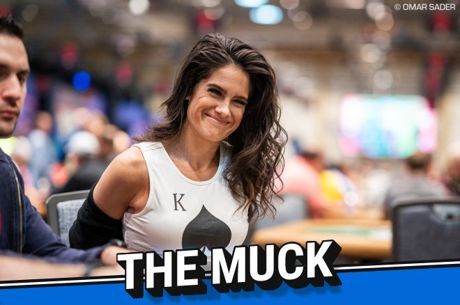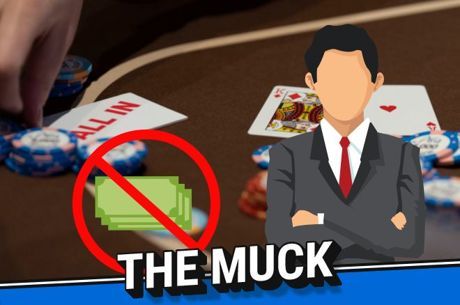The Muck: Daniel Negreanu Questions Immorality of Playing Online Poker Via VPN
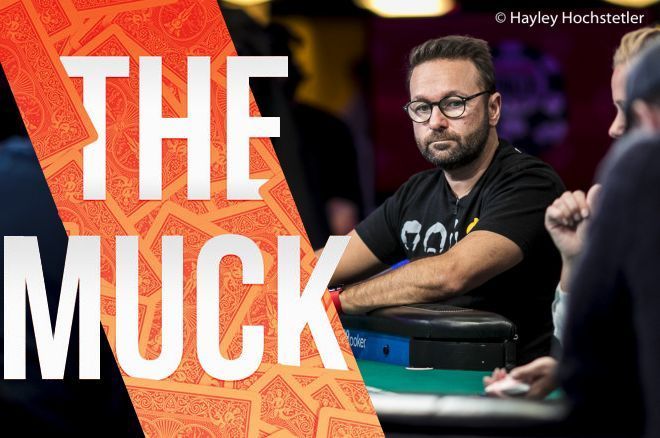
Table Of Contents
The poker world hates a cheater or a scammer, but over the weekend, Daniel Negreanu brought up an interesting question about where the community draws the line in regards to one issue of "cheating" in particular.
With poker's Black Friday, the rug was pulled out from under many poker players making a living or a supplemental income playing online poker. For some of those individuals, relocating to another country was in the realm of possibilities. Many did so to continue to have access to the sites no longer available for players residing inside the borders of America.
Negreanu: "There really is no victim here outside of the player using the VPN when he gets caught."
Those who could not leave had a tough choice between quitting online poker, playing on unregulated sites that couldn't compete with the volume or guarantees on the now-forbidden sites, or using a VPN �� a virtual private network �� to break the rules and gain access to the same sites as before.
Against the rules? Yes. But is it "cheating" or "unethical"? These are the questions that the former long-time PokerStars ambassador brought to the fore in his tweet on Saturday that spurred quite a bit of discussion among the community.
The VPN Debate
Negreanu kicked off some discussion by comparing the use of VPNs to conceal your real location with some other technically illegal poker-playing activities, though the one on playing poker in Texas was much disputed considering its existence in a legal gray area.
It��s illegal to play poker in Texas, are those that do unethical or cheaters?
— Daniel Negreanu (@RealKidPoker)
Negreanu put out a poll to gauge players' thoughts on the matter, and the results from 15,919 respondents overwhelmingly favored the opinion that playing on a VPN from the U.S. is not considered "cheating."
Do you consider players using a VPN to play online poker from the US to play on sites that forbid play from the US�� https://t.co/WzXvNIxIGn
— Daniel Negreanu (@RealKidPoker)
Players Chime In
Many players like Niall Farrell argued the act does not necessarily cheat other players, so long as they are playing on their own account.
@RealKidPoker As someone lucky enough to live somewhere where I��ve never had to face this issue; I couldn��t give a�� https://t.co/yNnFniPUCY
— Niall Farrell (@Firaldo87poker)
Still, others provided some fodder for the other side of the argument, namely that playing on a VPN gives players who do so an unfair advantage over those who follow the rules.
@RealKidPoker The most compelling argument I've heard that it's cheating is this: Two players both from Vegas, A an�� https://t.co/uGQd5c3YHq
— [Removed:412] (@KrukPoker)
Others had a problem with Negreanu's moral stance altogether, Norman Chad one of the most vocal among them:
1. When voting for Poker HOF, you say you ONLY consider the criteria; nothing more. Sounds right. 2. When Hellmuth�� https://t.co/zexX5lDt4J
— Norman Chad (@NormanChad)
What developed into a lengthy argument about ethics along with countless tangents, seemed mostly one about semantics. After all, there's no question that using a VPN to play from the U.S. on sites where it's both illegal and against the Terms of Service (TOS) to do so, is clearly against the rules and the law �� whether you agree with said law or not.
Does that mean it's an unacceptable practice among poker players? It depends on who you ask.
Victimless Crime?
As Negreanu sees it, players who choose to deceive poker sites in regards to their physical location are simply assuming their own risk without affecting others.
"So are the other players in the tournament being 'cheated' by a player using a VPN? I don��t think so. Is the online operator being 'cheated' by this player? No. There really is no victim here outside of the player using the VPN when he gets caught. He pays the ultimate price. No one else is affected whatsoever."
Important to just about everyone in the conversation, is the distinction between players who play via a VPN under their own account, and those who create a new "burner" account when playing from the United States. The difference is illustrated by two marquee examples in Brian Hastings (who played not from his "$tinger88" account but under "NoelHayes" when he reentered the online poker world in 2015 - detailed here and here) and Gordon Vayo (who played under his own "holla@yoboy" account from Florida via a VPN, detailed here).
You can read Negreanu's detailed arguments for why he doesn't see a problem with players choosing to use a VPN to play online from the U.S. here on his blog.
What Do You Think?
The Stars Group owns a majority shareholding in iBus Media.

